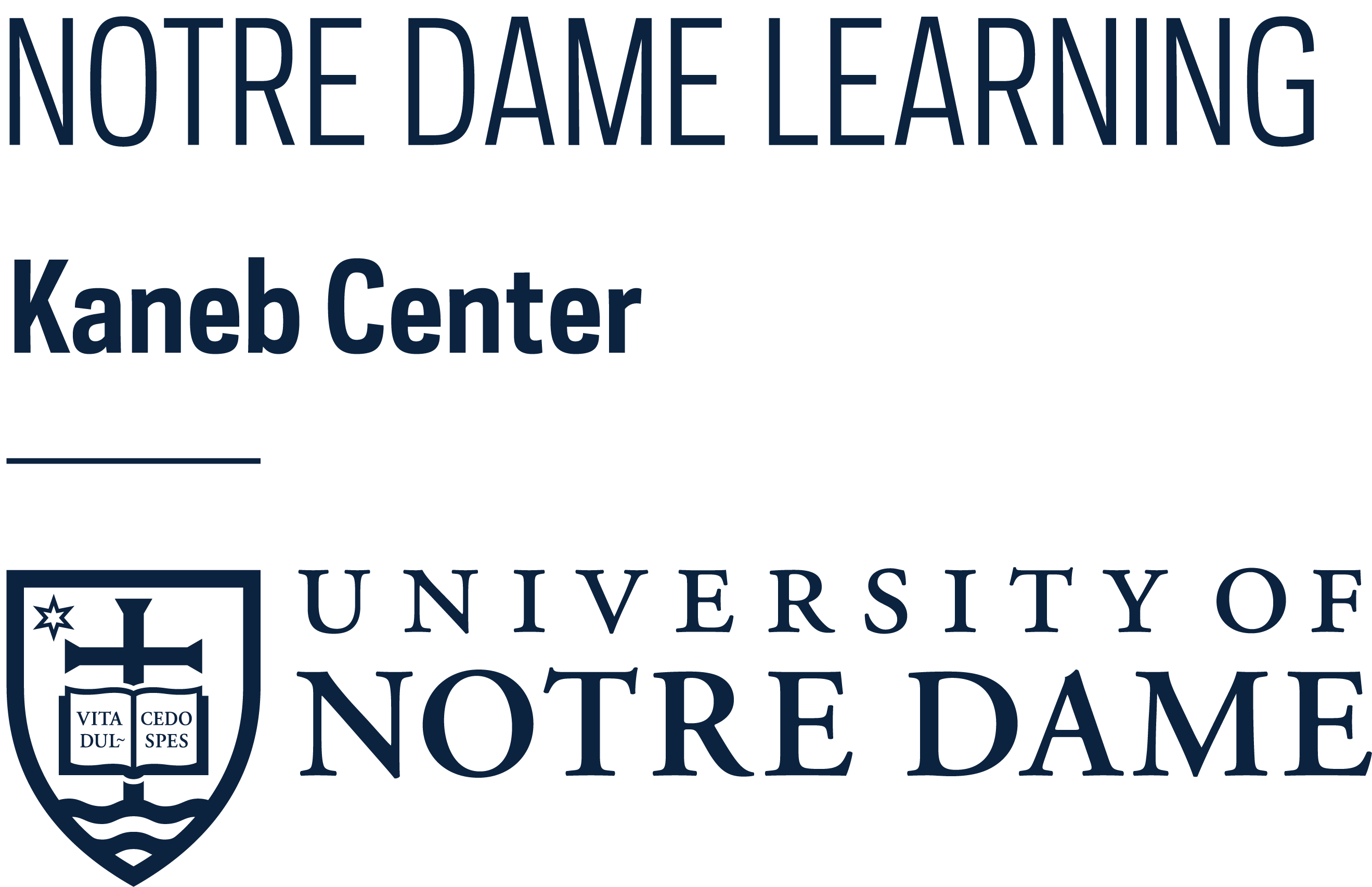Have students reflect on the work they have done thus far in the semester
You can solicit this information in a survey format at the end of class or allocate time to have a class discussion (or both!) This is an efficient way to gauge what students feel they have learned, what lessons or activities they felt worked best, and what gaps still exist in their knowledge. This information will help you structure or reframe the next half of the semester during the break. As always, make it clear to students that you are listening to their feedback and be transparent when you alter the class based upon their reflections.
Tip: if you feel crunched for time right before the break, you can always do this activity online either before or over the break.
Tip: Having students complete self-reflections multiple times during the course of the semester will help you better gauge student progress at more regular intervals.
Sample self-reflection questions:
- What was the most important thing you have learned this semester? Explain your reasoning.
- What do you expect to learn after the midterm break? Make sure to explain the reasoning that led you to this prediction.
- What are one or two things that you wish could have been explained more clearly to you during the first half of the semester? Please be as specific as possible so that I can better address your concerns going forward.
- Evaluate your work thus far in the semester. What specifically might you do to improve in the future?
- What is an assumption you had before the course started that this class has helped you think more deeply and more nuanced about? Please full explain how your thought process has evolved.
Give students a meaningful assignment over spring break
Most of the time, the second half of the semester will be devoted to a larger project. Think about the specific learning goals of this project and ascertain what knowledge or skills students will need to begin and complete this project. You do not necessarily have to introduce the entire project to them before the break but should assign an exercise, reading, etc., that will prepare them for the challenges of the project once introduced. If you are in the middle of a big project, use student reflections to gauge what information they might need to continue the project and assign reading or assignments designed to clarify or extend their knowledge and skill sets so that you can build on them together after the break.
Further Reading
Ken Bain. What the Best College Teachers Do.
